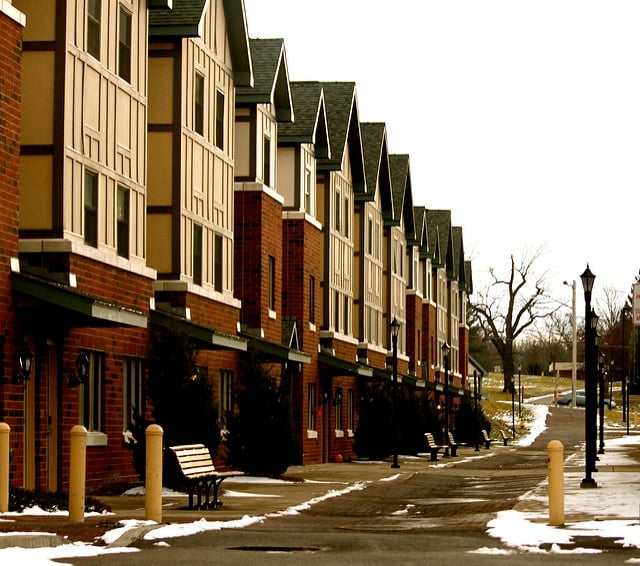I’ve listened to the words of my friends, family members, and colleagues long enough to know that without the stability of a safe and healthy place to live--and the support of people around you--long term recovery from a substance use disorder can be illusive. With what we know about the changes in brain chemistry in response to alcohol and other drugs, it’s not surprising that when people leave treatment and go back to the same environments where they were using substances, reoccurrence happens more often than not.
Laura Winn

Recent Posts

The opioid crisis has reached epidemic levels, with nearly half of Americans now reporting they personally know someone who has been addicted to prescription painkillers. Despite growing recognition of the problem and concerted efforts to drive practice and policy solutions, significant challenges remain.
While people often begin using alcohol or other drugs during adolescence and young adulthood, only 10 percent of 12-17 year olds who need substance use treatment actually receive services. When they do, they are much more likely to receive services while in the criminal justice system rather than through other avenues, such as their school or health care provider. These sobering statistics speak to the difficulty of identifying and helping at-risk teens before their substance use becomes a problem.
08/3/16 11:44 AM | Laura Winn | Substance Use, Prevention
Read More
Security. This is something I’ve been thinking a lot about recently. I grew up in a home marked by addiction, dysfunction, and for a period of time, poverty. While I knew my parents loved me, my father’s alcoholism set the tone for much of my childhood. As I got older, left home, and engaged in my own much healthier relationships, I thought I had escaped unscathed. In many ways, my sibling took away some of the more common traits of being raised by an alcoholic parent, but I didn’t seem to carry these with me.
05/11/16 03:39 PM | Laura Winn | Families, Poverty, Homelessness
Read More
After many years working on substance use recovery issues, my work has shifted to substance use prevention and early intervention. With a grant from the Conrad N. Hilton Foundation, a team at the Center for Social Innovation is developing and testing Project Amp, a substance use prevention model. Project Amp seeks to delay or prevent substance use among teenagers by enhancing protective factors through brief mentorship with a young adult in recovery.
This innovative program applies recovery assets within a prevention framework; explores the effect that brief peer-based relationships have on behavior change; and enhances an integrated health care approach: Screening, Brief Intervention, Referral to Treatment (SBIRT).02/23/16 04:25 PM | Laura Winn | Youth, Substance Use, Prevention
Read More






